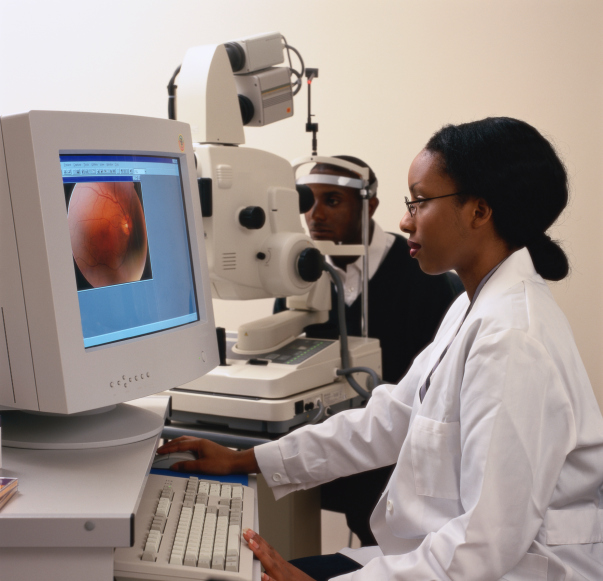
As we age, eyesight may diminish and many of us will need to undergo cataract surgery. In 2010, approximately 24.4 million Americans had cataracts, according to the National Eye Institute. Furthermore, about 3 million cataract surgeries are performed each year.
Although surgery of any kind can be scary, the good news is that cataract surgery is quite common nowadays. In fact, most patients are able to return home the same day as the procedure. Cataract surgery usually takes an hour or less to perform so it’s considered to be a fairly simple procedure, but there are a few necessary precautions you will need to take first:
- A week before surgery, you’ll need to undergo various tests to measure the shape and size of your eyes to ensure that you receive the proper intraocular lens implant.
- You may be asked to stop taking certain medications before surgery.
- You may be required to fast before surgery.
- Your doctor may prescribe eye drops a couple days before surgery to reduce your risk of infection.
- Avoid alcohol at least a day or two before surgery.
- Be sure to have a close family member or friend tag along on the day of the surgery because you won’t be able to drive afterward.
So, what can you expect post-surgery? Well, you will probably have to recover for at least an hour before leaving the hospital, but the full recovery period should take about a month or so. Also, take the following suggestions into strong consideration:
- Avoid strenuous activities, including heaving lifting for 1-2 weeks.
- Use antibiotic or anti-inflammatory eye drops for a couple weeks.
- Do not rub your eye or put any type of pressure on your eye.
- Sleep on your back.
- Schedule an appointment with your doctor the following day to ensure that everything went smoothly – be sure to have someone drive you.
- Avoid swimming.
See your doctor immediately if you experience any of the following:
- Vision loss
- Persistent pain
- Eye floaters
- Seeing flashes of light
- Nausea or vomiting
For more great articles, click here.









